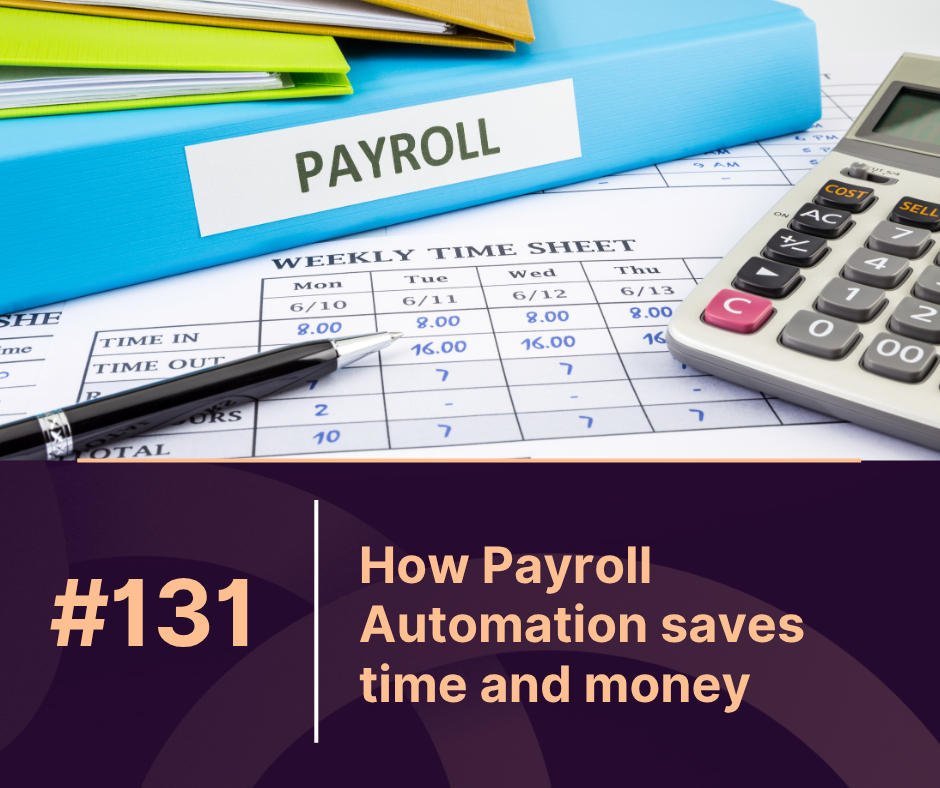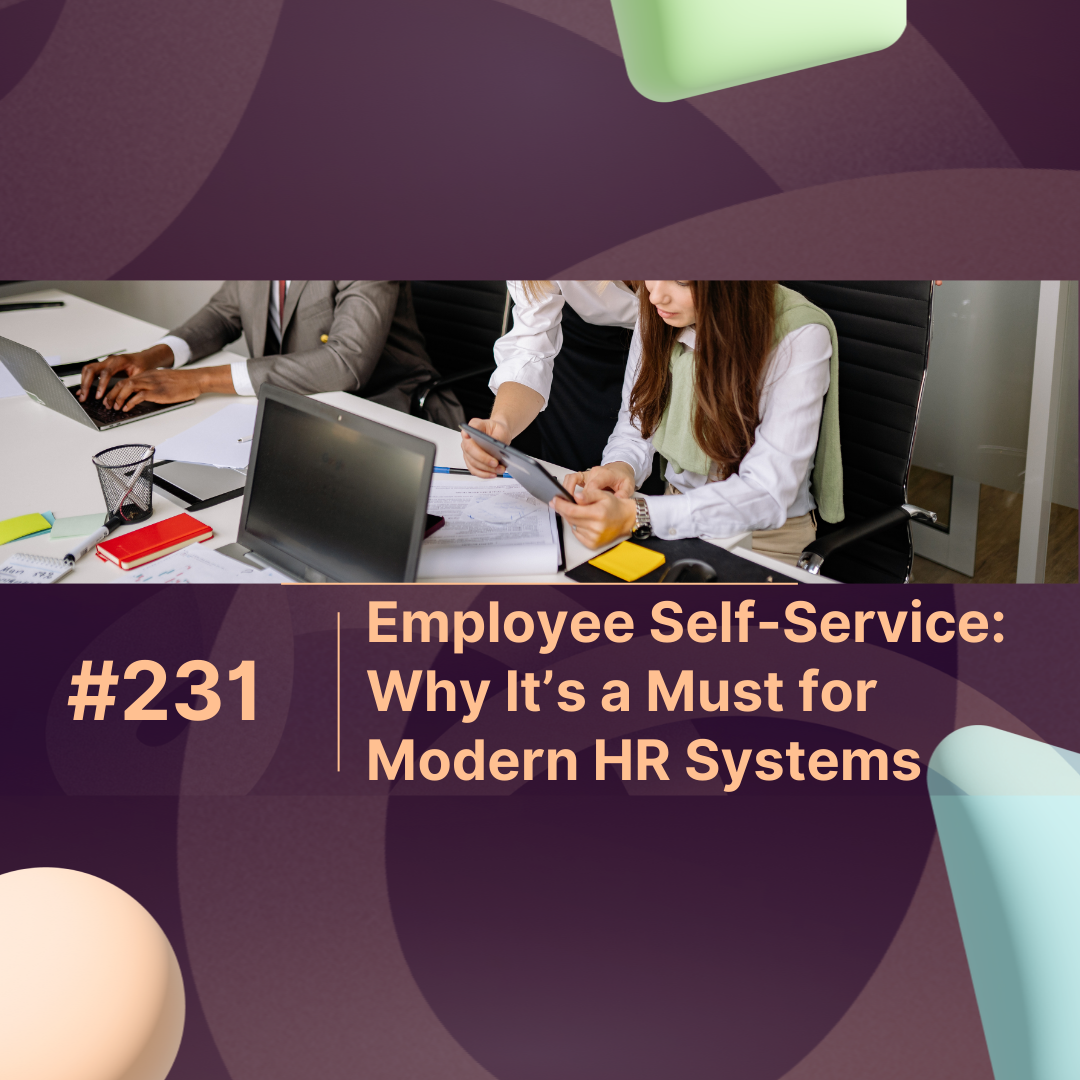Overview
Payroll Automation is transforming how companies manage employee compensation, taxes, and compliance. Instead of manually tracking timesheets, deductions, and pay cycles, automated payroll systems use software to calculate, distribute, and report salaries accurately and instantly. For growing businesses, this shift doesn’t just simplify HR work—it directly saves time, reduces costly errors, and boosts team productivity.
What Is Payroll Automation?
Payroll Automation is the use of digital systems or HR software to handle payroll processes automatically. It calculates salaries, applies tax rules, manages benefits, and issues payments—all with minimal human input.
Modern tools like MaxHR, Gusto, or ADP integrate with accounting and attendance platforms to ensure real-time accuracy and compliance with local regulations.
Key Functions
-
Automated salary computation and payslip generation
-
Real-time attendance and overtime syncing
-
Auto-deduction of taxes, benefits, and insurance
-
Direct deposit to employees’ bank accounts
-
Instant compliance and report generation
Why Payroll Automation Saves Time
Time is the biggest gain from switching to automation. Manual payroll takes hours of spreadsheet work and repetitive data entry. Automated systems reduce that dramatically.
| Process | Manual Time (Avg/Month) | Automated Time (Avg/Month) | Time Saved |
|---|---|---|---|
| Salary Calculation | 10 hours | 1 hour | 90% |
| Tax Filing & Deductions | 6 hours | 1 hour | 83% |
| Payslip Generation | 3 hours | 10 minutes | 95% |
| Compliance Reporting | 5 hours | 30 minutes | 90% |
Businesses using automation report over 80% faster payroll cycles, freeing HR teams to focus on strategic initiatives like retention and employee engagement.
How Payroll Automation Reduces Costs
Payroll errors cost U.S. businesses billions each year. A single mistake in tax calculation or overtime pay can lead to penalties or lost trust. Automation eliminates most human errors and reduces the need for outsourced accountants.
Key Cost Benefits
-
Reduced Error Penalties – Automated compliance updates prevent costly fines.
-
Lower Administrative Costs – Less manual input means fewer HR hours.
-
Scalable Growth – Add new employees without extra staff or time.
-
Better Retention – On-time, error-free salaries improve employee satisfaction.
A Deloitte report found that companies using payroll automation see an average cost reduction of 25–35% in payroll administration.
Financial Impact Example
| Company Size | Manual Payroll Cost (Per Year) | With Automation | Annual Savings |
|---|---|---|---|
| 10 Employees | $7,200 | $4,800 | $2,400 |
| 50 Employees | $20,000 | $13,000 | $7,000 |
| 200 Employees | $75,000 | $48,000 | $27,000 |
By using solutions like MaxHR Payroll, a mid-sized business can save thousands each year while improving accuracy and compliance.
Enhanced Accuracy and Compliance
Payroll laws and tax brackets change frequently. Automated systems update automatically with every regulatory change, ensuring your business remains compliant without manual monitoring.
They also generate digital trails for audits and reports—making financial transparency easier for growing companies.
Pro Tip: Integrating payroll automation with HR software like MaxHR can automatically sync leave balances, attendance logs, and performance bonuses for complete accuracy.
Improved Employee Experience
Employees expect timely and transparent pay. Automated systems offer:
-
Instant access to payslips and tax documents
-
Notifications for deposits and deductions
-
Self-service dashboards for updates and queries
This not only builds trust but reduces HR queries by up to 60%, according to a SHRM study (2024).
How to Implement Payroll Automation
-
Audit Current Processes: Identify manual bottlenecks in salary and tax workflows.
-
Choose a Trusted Platform: Look for features like multi-currency support, compliance tracking, and integrations (e.g., MaxHR).
-
Train Your HR Team: Conduct onboarding sessions to ensure smooth adoption.
-
Migrate Data Securely: Import employee details and validate calculations.
-
Monitor and Optimize: Review performance reports monthly to find further efficiencies.
Real-World Case Example
A technology startup with 100 employees used manual spreadsheets, spending 30 hours per month on payroll. After switching to an automated solution, the process took under 3 hours, saving $12,000 annually in admin time and penalties. Their HR manager said, “Payroll automation gave us back an entire workweek each month we now focus on hiring and growth.”
Conclusion
Payroll Automation isn’t just an HR upgrade—it’s a financial strategy. By saving time, cutting costs, and ensuring compliance, it transforms payroll from a recurring task into a business advantage. Whether you run a startup or a large enterprise, investing in automation today sets the foundation for scalable, error-free growth tomorrow.
If you’re exploring smart payroll tools, MaxHR offers an intuitive, all-in-one HR and payroll solution built to save your team hours every month while ensuring 100% accuracy.
FAQs About Payroll Automation
1. What is Payroll Automation and how does it work?
Payroll automation uses software to automatically calculate employee pay, apply tax rules, and issue salaries without manual input.
2. Is Payroll Automation suitable for small businesses?
Yes. Even businesses with 5–10 employees save time and reduce compliance risks with affordable payroll automation tools.
3. How much time can Payroll Automation save?
On average, businesses save 70–90% of payroll processing time monthly.
4. Can automated payroll handle compliance and taxes?
Yes. Most solutions auto-update with local tax and labor laws to ensure full compliance.
5. What should I look for in a Payroll Automation system?
Look for integrations with accounting tools, automatic updates, direct deposits, and strong data security—features offered by platforms like MaxHR.
Last Updated Oct, 2025



